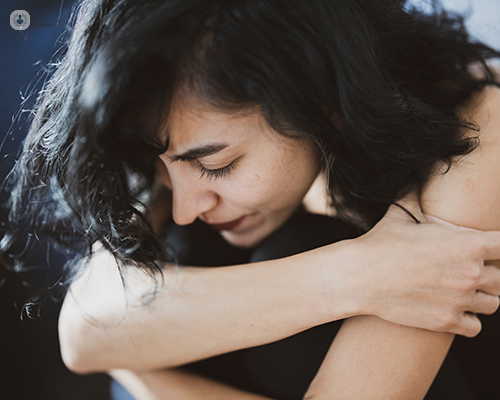Which symptoms commonly accompany rectal bleeding?
Escrito por:In this article below, Dr John Martin, an extremely well-regarded, skilled, and trusted gastroenterologist and endoscopist, outlines the most common causes of rectal bleeding, and reveals when one should visit the doctor about rectal bleeding.

What are the most common causes of rectal bleeding?
There are many different potential causes of rectal bleeding. The most common include:
When you see blood in your stool, this might be a sign of inflammation. If you are seeing some subtle changes in your blood habit, this might be due to the development of a polyp or indeed cancer. Diverticular disease or small blood vessels bleeding can also be causes of rectal bleeding.
Can it be a sign of something serious?
Yes. The most important cause of rectal bleeding to exclude would be a polyp or cancer. We would always investigate rectal bleeding to exclude these two possibilities.
Which symptoms commonly accompany rectal bleeding?
If the bleeding is due to some form of inflammation, it will often be accompanied with diarrhoea. The change of bowel habit is also a subtle symptom that patients should monitor.
When should you see a doctor about rectal bleeding?
It’s a good idea to see a doctor as soon as you notice some rectal bleeding. It’s important to have it assessed in order to either rule out or diagnose something serious.
Which tests may be performed to establish the cause of rectal bleeding?
There are quite a few tests that we commonly use to detect the exact cause of a patient’s rectal bleeding. The most commonly used ones are:
- colonoscopy
- flexible cystoscopy
If you have recently noticed some rectal bleeding, be sure to make an appointment with Dr John Martin.


